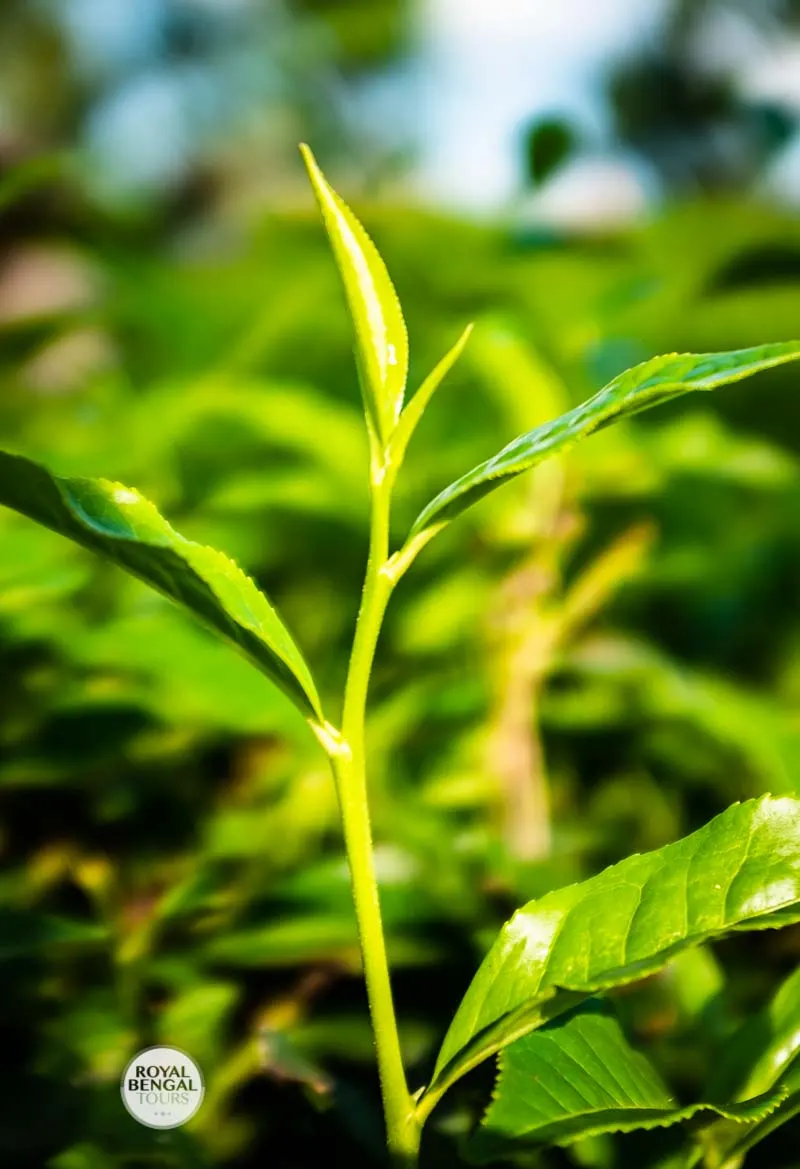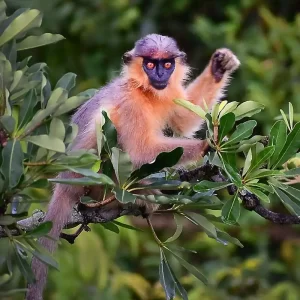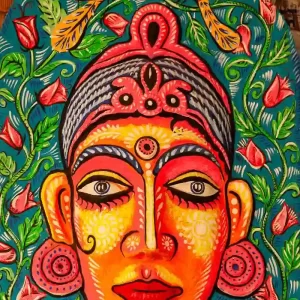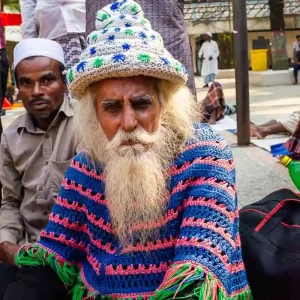Description
One may take a Thursday evening or Friday morning flight to Sylhet and follow the rest of the travel plans accordingly. A trip to Sylhet offers quite a variety of experiences.
Sylhet holds a spectacular variety of extraordinary landscapes, wildlife sanctuaries, marshy areas, and vibrant lifestyles to explore. Sylhet lies in the northeastern part of Bangladesh, bordered by the Indian states of Meghalaya, Manipur, and a tiny area of Tripura. It has Khashia and Jayanta Hills in the north and the Tora Hills in the southeast. This area produces and exports a large quantity of high-quality tea, with low-rolling hills carpeted by tea plantations, scattered patches of tropical forests, lemon & pineapple cultivation, orange groves, and massive wetland marshes. The variety of countryside scenery inside Sylhet remains ripe for exploration.
The average rainfall in this part is higher than in the rest of Bangladesh, a fact that the British tea planters realized in the 18th century and started cultivating tea.
The area is temperate and cool, with clean, crisp, fresh air in winter and moderately warm in summer, but has an annual rainfall of 5000mm, the highest in the country.
The Holy Shrine of Hazrat Shah Jalal and Hazrat Shah Paran, the 14th-century Sufi saint, is an important pilgrimage site for the Muslims in Sylhet town. The messianic Muslim saint is one of the earliest pioneers of Islamic culture in Bangladesh, responsible for mass conversions of Bengalis to Hinduism and Buddhism. This area has a population of Khashia, Pangou, Manipuri, and Tripura ethnic communities, all living in villages around the hills and practicing Hinduism, Buddhism, and Christianity. Tripura, Khasia, & Pangou people tend to skip regular contact with the outside world, occasionally venturing out of their settlements. Exceptional “Manipuri” people have integrated into Bangladeshi society as artisans, businesspeople, and jewelers.






Reviews
There are no reviews yet.